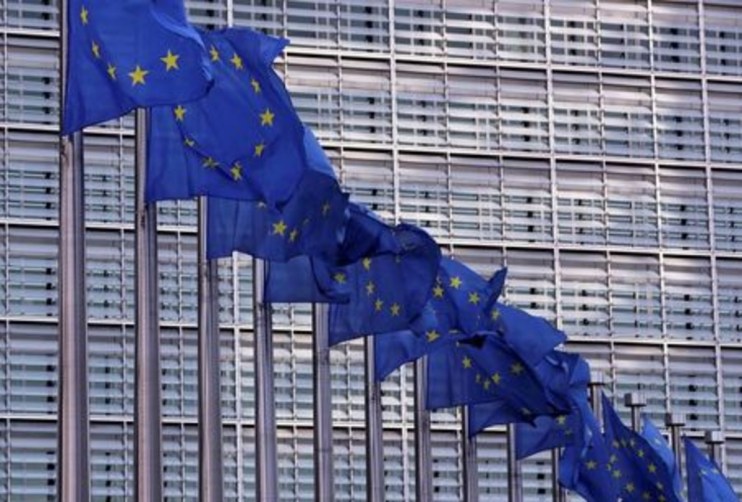The ECHR is a vital guarantor of our freedom

Far from endangering our freedoms, the ECHR makes the individual, not the state, the centre of the international order, says Sam Fowles
An immutable law of modern politics is that the louder a politician bloviates about “freedom” the more authoritarian they will be in power. The last government waxed lyrical about “freedom of speech” then tried to ban peaceful protests, even attempting to imprison a pensioner for holding a placard reading “Jurors you have an absolute right to acquit a defendant according to your conscience” (the same message is displayed on a plaque in the Old Bailey itself).
At the Conservative conference Robert Jenrick (who last year called for the arrest of anyone who said “Allahu Akbar” in public) whined “freedom of speech is in danger across the West”. James Cleverly promised to “get the heel of the state off your neck”. Their central policy? Leave the European Convention on Human Rights – the very law that guarantees freedom of speech and prevents the “heel of the state” from getting anywhere near our collective trachea.
It’s ironic that the party of “British values” is so obsessed with abandoning a treaty whose greatest advocate was Winston Churchill. Conceived in the shadow of the Nuremberg Trials, the framers realised that the atrocities of Nazi Germany, communist Russia, and even colonial Britain (see, for example, the Amritsar massacre) were facilitated by an international system which allowed states to do as they pleased within their own borders.
It’s ironic that the party of “British values” is so obsessed with abandoning a treaty whose greatest advocate was Winston Churchill
The ECHR made the individual, not the state, the centre of the international order. It enshrined the fundamental truth that each person has an equal essential value. It drew a line over which the state could no longer cross, making individual freedom the defining principle of international and domestic law. In doing so, it created a presumption of democracy: “Government for the people, by the people, and of the people” is based on the recognition of the essential equal value of individuals and is impossible to sustain if the majority of the day can suppress its opponents.
That the caselaw of the ECHR has developed beyond what its founders could have imagined is a feature, not a bug. Good law evolves beyond its originators. The law of trusts was designed to protect a knight’s property when he went on crusade. It’s now used to protect victims of coercive control.
The mask slips
The obsession with abandoning the ECHR shows the mask of the modern Tory party slipping. Talk of not allowing people into the country unless they have the right political opinions, imprisoning civil servants who don’t fall in line, and “not all cultures are equally valid” (Kemi Badenoch’s justification, that “some cultures don’t respect women” rings hollow in a party increasingly devoted to proven sex offender Donald Trump), shows a party that is getting ready to persecute those it sees as lesser humans.
The Conservatives will, however, likely win the debate on the ECHR. Labour is confident it will be in power for a generation. It thinks it can simply ignore “culture war” issues and they’ll go away. But culture defines our values, and our values determine how we vote. Voters will be bombarded with anti-ECHR stories by Conservative supporting media and, just as we came to believe that immigrants put an unsupportable strain on public resources (despite actually making a net contribution to the public purse), the relentless drumbeat of misinformation will convince people that the best way to secure our freedom is to give up our rights. Keir Starmer must make a full-throated defence of the ECHR. Otherwise, we will lose the greatest exemplification of British values on the world stage because one party wants a licence to persecute, and the other won’t get in the game.
Sam Fowles is a barrister